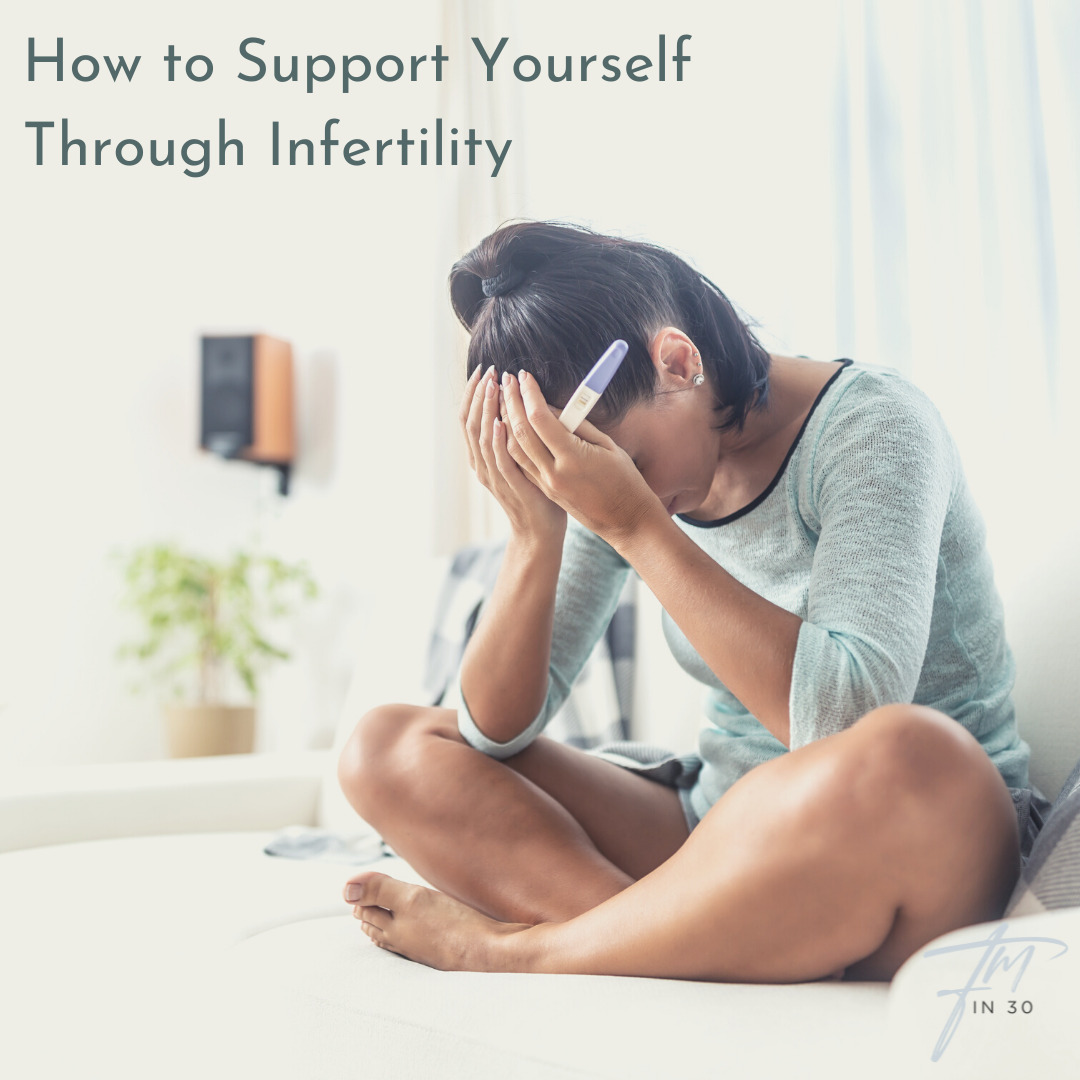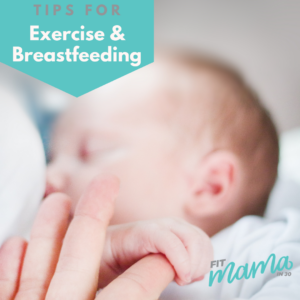How to Support Yourself (or a friend) Through Infertility Struggles
Are you or a friend experiencing infertility struggles? We’re sharing ways to support a friend — or yourself — during this emotionally and physically challenging time.
First the Facts: Infertility Causes, Treatments, and Signs
If you’re like us, when you know the facts about something, it’s easier to digest the situation. And when we look at things from a “research” point of view, it becomes clear: getting pregnant can be a lot harder than it seems. But that doesn’t mean you don’t have options.
What’s the Definition of Infertility? Fertility?
According to the Centers for Disease Control and Prevention (CDC), infertility means not being able to get pregnant after one year of trying (or six months if a woman is 35 or older). Women who can get pregnant but are unable to stay pregnant may also be infertile. On the other hand, fertility is defined as: the ability to produce an offspring through sexual activity.
How Common is Infertility?
About six percent of women in the United States ages 15-44 are unable to get pregnant after one year of trying. Similarly, about 12 percent of women between 15 and 44 in the U.S. have difficulty getting pregnant or carrying a pregnancy to term, according to the CDC.
What are Treatments for Infertility?
Rest assured, there are so many options when it comes to treatments for infertility — from inseminations to IVF to medications. In fact, in 85% to 90% of cases, infertility is treated with “conventional medical therapies” like medication or surgery.
What are Common Causes of Infertility in Women?
PCOS is the most common cause of female infertility.
What is PCOS? It’s a hormone imbalance problem which can interfere with normal ovulation. Other causes that contribute to female infertility include: smoking, being underweight or overweight, excess alcohol use, stress, and age.
What are common causes of infertility in men?
For men, infertility can be caused by varicoceles. This is when veins on testicles are large and get overheated, which can affect the number/shape of sperm. Other causes range from unhealthy habits ( heavy alcohol use and smoking) to medical conditions (diabetes and cystic fibrosis) to trauma to the testes.
Remember: Infertility is Not Failure
We want you to know that you aren’t alone. We want to motivate you to start asking questions about infertility and speak up about the support you truly need.
Infertility is not your fault and it doesn’t have to prevent you from having the family you have always dreamed about. Only you and your partner can decide how long you should try, and what treatment options are right for you.
Tips For Coping With Infertility
It’s okay to feel your pain. It’s okay to take a break from attending events (like baby showers) that you find painful. Whatever you are feeling is OKAY! Just make sure you are allowing yourself to feel your feelings and seek help if you need it.
Acknowledge Your Feelings:
It’s ok to be sad, angry, frustrated, or whatever else you’re feeling.
Recognize Your Partner May Feel Differently Than You:
Everyone, including your partner will experience different emotions. Don’t withdraw from your partner. Be kind to each other.
Talk With A Trusted Friend or Therapist:
There are a lot of people who will want to support you, so make sure you lean on your network when you need it the most.
Talk Do Something That Makes You Feel Good:
Remember there is more to your life than infertility. Enjoy the good things in your life and believe in yourself and your partner.
Infertility Support Groups, Podcasts, and Blogs
You don’t have to suffer in silence or go through this experience alone. There’s a (really) good chance some of the families around you have gone through something similar. The key is to ask for help and support when you need it and sometimes that might mean online support via groups, podcasts or blogs. Check out some of the resources below!
Infertility Support Groups:
If you go to Resolve.org you can find virtual infertility support groups or local community options through their directory. Virtual / Online Therapy like Better Help and Talkspace can also be good resources to take advantage of.
Podcasts:
The Messy Mom Podcast: Check out THIS episode about unexplained infertility.
This is Infertility: A bi-weekly podcast that fuses storytelling with experience and science.
If These Ovaries Could Talk: Discussions around making babies and non-traditional families.
Blogs:
What NOT to Say When Someone Is Going Through Infertility
- Don’t Give Unsolicited Advice:
I know it’s tempting and it comes from a good place but I repeat, do not give unsolicited advice. Chances are your friend is already getting specialized medical assistance and probably already googled the advice you’re about to share.
- Don’t Compare Their Story With Someone Else’s:
Again, this usually comes from a good place but each person’s experience with infertility is SO different.
- Don’t Be Wildly Positive (or Negative)
Saying things like “it will be fine” or “try to relax” can really undermine your friend’s feelings.
The Takeaway: Your Journey With Infertility *Will* Be Different From The Person Next To You
Infertility is nothing to be ashamed of and we really hope that more women are encouraged to openly talk about their infertility to support and simply be there for each other. Everyone’s journey will be different but we are are in this together and you are not alone.
If you want to learn about Bailey’s journey with infertility + all things related to pregnancy and motherhood , listen to the Messy Mom Podcast: HERE!





